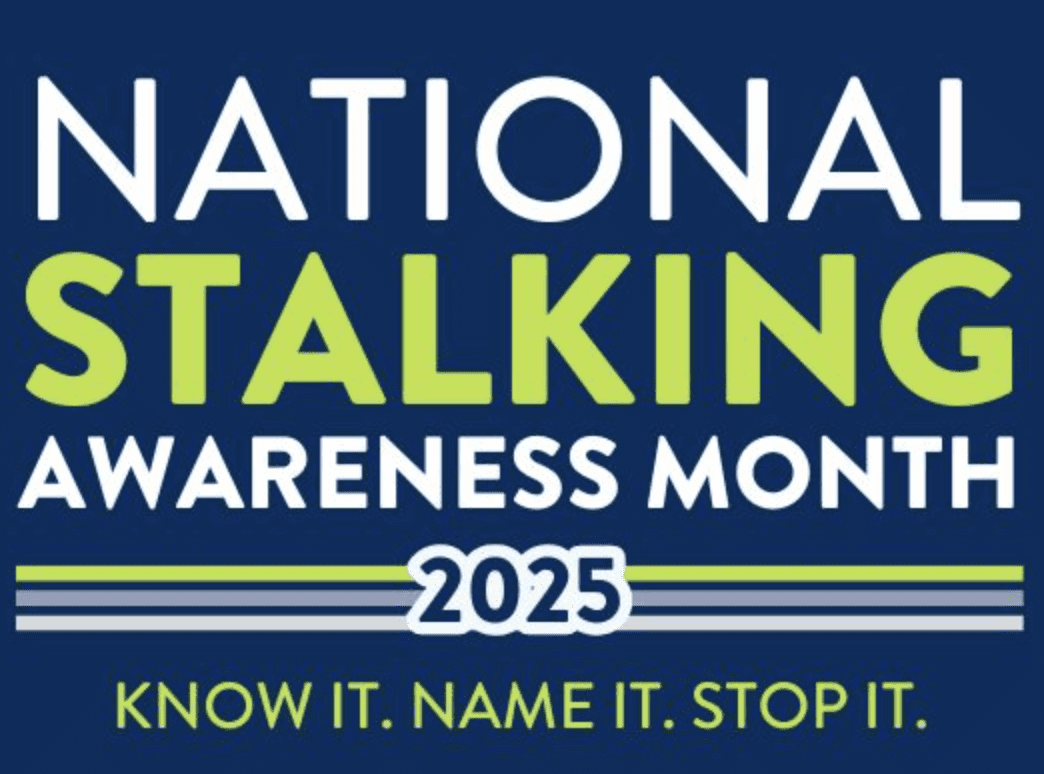By Ellen Putter, M.D.
Introduction
Going to sleep-away camp is a great way for children to make new friends, gain confidence and become more self-reliant. Yet for parents of children with physical or mental health problems, the process of choosing a camp is complex and anxiety-provoking. With proper research and planning, however, both kids and parents can enjoy the sleep- away camp experience with a minimum of stress.
Planning
The preparation for camp begins with a discussion between parents and their child’s physician or mental health professional about the appropriateness of going to sleep-away camp. Once parents get the green light, parents should ask which medications the child needs to bring, how much is required for the duration of camp and whether there are any special precautions based on the child’s physical or emotional health.
To choose a camp, parents need to consider the personality and interests of their child and how well equipped the camp is to handle their child’s condition. Some children do best in a camp designed especially for children with particular health needs. Other children thrive in camps geared to traditional campers without a particular focus on a child with special needs. It is always wise to start the search by calling or visiting with the camp director and asking several important questions about:
• Medical staff: Does the camp employ a doctor, nurse, nurse practitioner, or physician’s assistant? When are these personnel available? For instance, is the doctor at the camp full-time, part-time, or on- call?
• Hospital resources: How far is the nearest hospital? Is it a community hospital or a large, teaching hospital? If a child needs specialized treatment, is it available at the hospital?
• Camp staff:What kind of first aid training does the staff have?
• Other campers: How common is it for children with similar medical or mental health problems to attend the camp?
Parents should continue to ask questions until they have obtained all the information they need to feel comfortable with the camp staff’s ability to properly handle medical situations as they arise. Parents should also provide the camp with the prescribing doctor’s number in case a consultation is necessary. Consent forms and authorizations for treatment should be reviewed prior to camp and any special instructions for handling emergencies noted after consulting with the home physician.
Going to Camp
When the first day of camp arrives, children should bring all the medicine they need for their entire stay along with a letter explaining what the medications are, how much the child brought, dosages, when to take each medication, and why the child needs a particular medicine. All medication should be stored in the infirmary. However, some older children should take responsibility for their own medication needs, especially if they follow a self-management routine at home. This should be determined prior to camp and the appropriate systems for monitoring put in place while away.
Camp physicians are often, but not always, pediatricians. Some may be unfamiliar with the treatment of certain childhood diseases. A call to the physician on the first day of camp provides an opportunity to clarify any questions about a child’s medical requirements and assurance that the medicine has arrived safely.
It is also beneficial for parents to consult with the camp counselors about their child’s medical and emotional needs. This enables counselors to attend to specific health issues while helping the child become part of the group. To prevent emergencies, counselors also need to know what situations may be problematic and which activities a child cannot participate in. For example, diabetic children need more fluid in the heat, and asthmatic children may need to take it easy when the temperature goes up. Worried parents may find it helpful to have a follow up call with the camp director or doctor for reassurance during the first week of camp.
Given the right balance of encouragement, safety and challenge, sleep-away camp is a wonderful opportunity to grow both physically and emotionally. Parents should encourage their children to try as much as possible, within the limits of their physical safety.
For more information about camps for children with specific medical needs, contact the local or national chapters of associations representing the particular disease.
About the Author
Dr. Ellen C. Putter is a Clinical Instructor in Pediatrics at New York University School of Medicine.
The NYU Child Study Center is dedicated to the understanding, prevention, and treatment of child and mental health problems. For more information visit www.aboutourkids.org.



